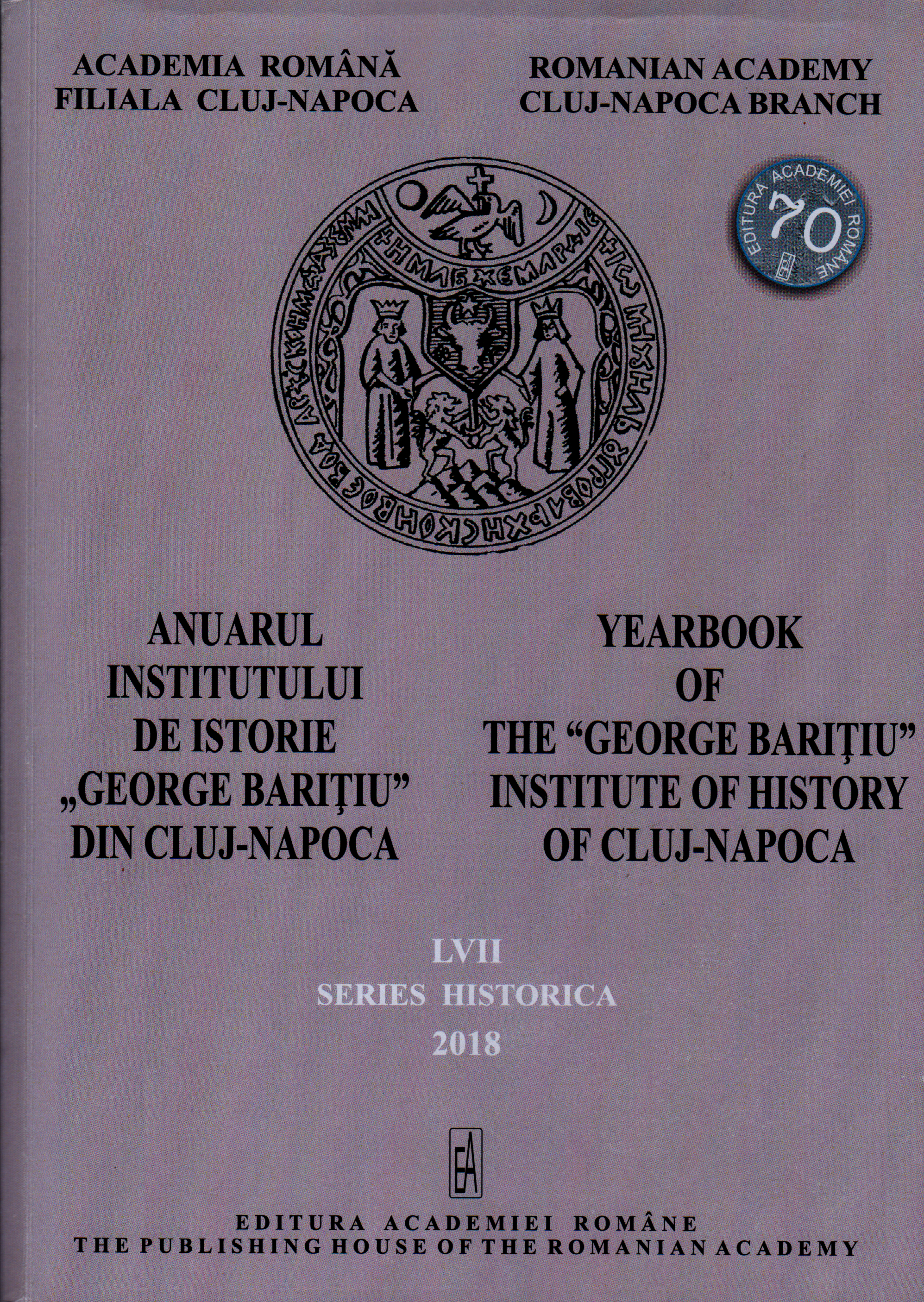Mărturii medievale privind numele românilor și al graiului lor în limba română
Medieval Testimonies Concerning the Names of Romanians and their Language
Author(s): Ioan Aurel PopSubject(s): Local History / Microhistory, Middle Ages
Published by: Editura Academiei Române
Keywords: testimonies about the Romanians’ names; the Romanians’ names; the Romanians’ Romanity; Romanians and Vlachs
Summary/Abstract: The testimonies of this study undoubtedly bring some certainties to the forefront. First of all, they show that foreigners considered Romanians as Romanic and latinophones. Secondly, one can see that the Romanians (some of them) had the consciousness of their Romanity in the Middle Ages (that is, they knew that they were stemming from the Romans and, sometimes, they boasted about this origin). This contradicts the opinion – expressed in the past but present in some studies – that the Romanians took over the ideas of the Romanity of their own people from foreign authors, especially Italians, under the influence of humanism. Thirdly, the name the Romanians themselves used, in their own language, that of “Romanian” from Romanus, in contrast to the name of “Vlachs” or “Olachs” (given by others to the Romanians), is reflected. There is also evidence that in the 16th century, the name of “Vlach” / “Olach” began to be reckoned, in the Romanian environment, as not positive. In fact, however, independent of their perception, both ethnonyms – Rumanian / Romanian and Vlach / Wallach – prove the Romanity of the Romanians, the first (given by Romanians themselves) with an ethnic focus (because it comes from Romanus) and the second (given by foreigners to Romanians) with a focus on language (because it means latinophone, that is, a Romance language speaker). In the 16th century and later in the modern age, more and more often, the first scientific classifications of Romanian among the Romance languages are made (sometimes with reference to the prayer “Our Father”/”The Lord’s Prayer”) were made. Thus, in the Middle Ages and especially towards its end and during Renaissance, both certain Romanians and certain foreigners knew the Romanity of this people from the Lower Danube and from the Carpathians and stated it on various occasions, from linguistic treatises to letters, from diplomatic reports to travel notes, from chronicles to religious, political, literary, legal or philosophical works. The conclusion is that the Romanians have always called themselves Romanians or Rumanians and that, from time to time, foreign authors have noticed and recorded this in their writings.
Journal: Anuarul Institutului de Istorie »George Bariţiu« - Series HISTORICA
- Issue Year: LVII/2018
- Issue No: 57
- Page Range: 347-363
- Page Count: 17
- Language: Romanian

